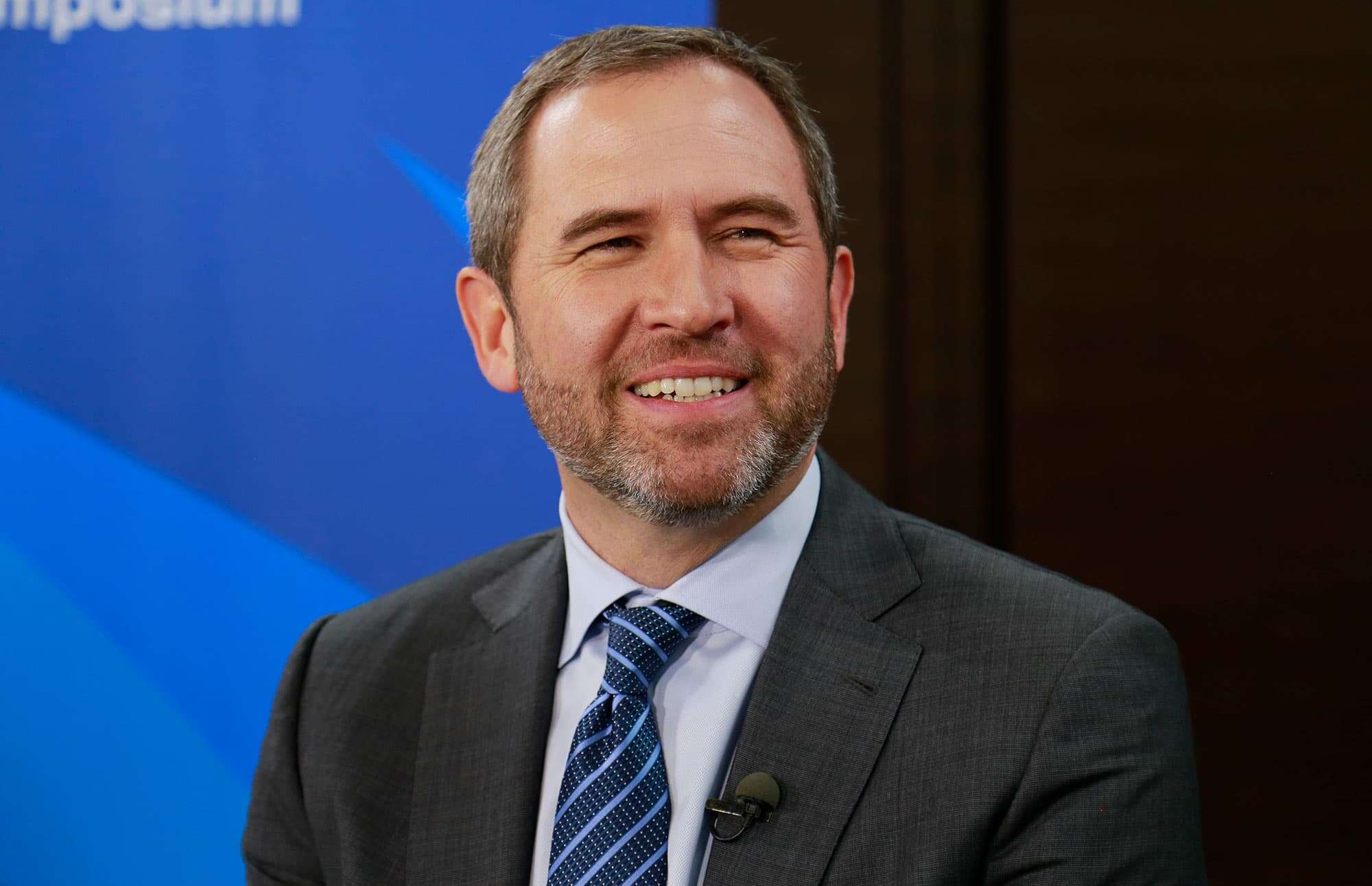Ripple, a payments network and technology company, has taken significant steps towards regulatory compliance by applying for registration as a crypto asset firm with the UK’s Financial Conduct Authority (FCA).
Additionally, the company is seeking a payments license in Ireland, indicating its commitment to investing in the region.
The decision to pursue registration and licensing comes in the wake of a partial victory for Ripple against the United States Securities and Exchange Commission (SEC).
The SEC’s classification of Ripple’s XRP token as a security has been a subject of contention.
The recent ruling determined that while the XRP token could be considered a security when sold to institutional investors, it did not apply to retail investors. Nevertheless, the case remains open to potential appeal by the SEC.
Amid a series of enforcement actions by the SEC in the United States, more crypto firms are turning their attention to the UK for regulatory clarity and a supportive business environment.
READ MORE: SEC Contemplates Appeal Over Controversial XRP Ruling
Andreessen Horowitz (A16z), a prominent venture capital firm, has even established its first overseas office in London, citing the region’s predictable business environment as a key factor in the decision.
The UK has been actively working on creating a crypto-regulated environment, passing laws that bring cryptocurrencies under the same rules applied to traditional assets.
This legislation received royal assent in June, granting authorities like the UK Treasury, the FCA, the Bank of England, and the Payments Systems Regulator the power to introduce and enforce regulations for crypto businesses.
Furthermore, lawmakers in the UK have been exploring ways to enhance their ability to target cryptocurrencies used for illicit purposes.
Drafts of new legislation propose provisions that allow authorities to have greater flexibility in confiscating and recovering crypto assets associated with illegal activities.
In summary, Ripple’s move to register as a crypto asset firm with the FCA and pursue a payments license in Ireland reflects its commitment to complying with regulations and expanding its presence in the UK and the broader European market.
The region’s efforts towards regulatory clarity and a favorable business environment are attracting more crypto firms seeking stability and growth opportunities amid evolving global regulatory landscapes.
Other Stories:
OpenAI Unveils Android Version of ChatGPT
Nigerian Social Payments App Bundle Ceases Crypto Exchange Services
Bitcoin Laundering Couple Reach Plea Agreement with U.S. Authorities




